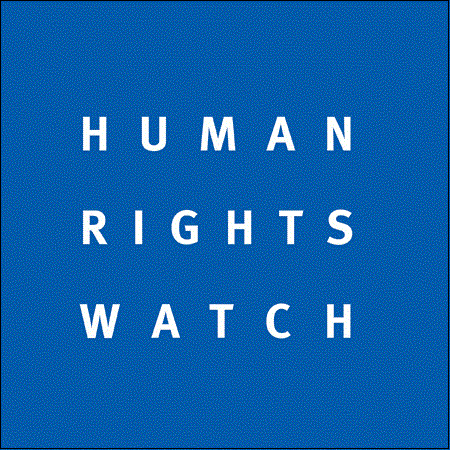Project: Roma in Serbia: How safe they feel and do they see improvements?22Jan2014
Balkans: More Effort Needed to End Abuses - Reinforced Human Rights Protection Required
 Governments in the Western Balkans did little during 2013 to address longstanding human rights problems, Human Rights Watch said yesterday in Berlin, in its World Report 2014. Human Rights Watch documented human rights concerns in Bosnia and Herzegovina (BiH), Serbia, and Kosovo during 2013. Concerns in Croatia are included in a chapter on the European Union.
Governments in the Western Balkans did little during 2013 to address longstanding human rights problems, Human Rights Watch said yesterday in Berlin, in its World Report 2014. Human Rights Watch documented human rights concerns in Bosnia and Herzegovina (BiH), Serbia, and Kosovo during 2013. Concerns in Croatia are included in a chapter on the European Union.Human Rights Watch found only limited progress in The Western Balkans during 2013 in ensuring accountability for war crimes and countering discrimination and abuses against the Roma minority, as well as harassment and violence against journalists and LGBT communities. Durable solutions for refugees and internally displaced people are lacking. There are also human rights concerns in the newest EU member state, Croatia, including on war crimes accountability, treatment of minorities, and its asylum system.
“The Western Balkan countries need to work harder to bring their human rights records in line with European and international standards,” said Lydia Gall, Balkans and Eastern Europe researcher at Human Rights Watch. “Bosnia and Herzegovina, Serbia, and Kosovo are going to have to put a stop to these serious abuses if they really aspire to move closer to Europe.”
In the 667-page world report, Human Rights Watch reviews human rights practices in more than 90 countries. Syria’s widespread killings of civilians elicited horror but few steps by world leaders to stop it, Human Rights Watch said. A reinvigorated doctrine of “responsibility to protect” seems to have prevented some mass atrocities in Africa. Majorities in power in Egypt and other countries have suppressed dissent and minority rights. And Edward Snowden’s revelations about US surveillance programs reverberated around the globe.
 Prosecutors in Serbia and Bosnia and Herzegovina signed a cooperation agreement in 2013 on the prosecution of war crimes, crimes against humanity, and genocide. Despite some convictions, accountability for these crimes remained elusive, with sparse prosecutions in national courts of both countries. Prosecution of war crimes in Kosovo remained slow and marred by witness protection problems.
Prosecutors in Serbia and Bosnia and Herzegovina signed a cooperation agreement in 2013 on the prosecution of war crimes, crimes against humanity, and genocide. Despite some convictions, accountability for these crimes remained elusive, with sparse prosecutions in national courts of both countries. Prosecution of war crimes in Kosovo remained slow and marred by witness protection problems.Protection of minorities remains weak throughout the region, including for Roma, who face widespread discrimination in accessing health care, education, and housing, including forced evictions. Authorities in Bosnia and Herzegovina have not revised the constitutional provisions that exclude Roma and other ethnic minorities from political participation despite EU pressure and a 2009 European Court of Human Rights ruling that this was discriminatory. In Kosovo, discrimination against Roma and other minorities known as Ashkali and Egyptians is exacerbated by the continued forced deportations from Western Europe without adequate assistance to integrate these groups with the rest of the population.
Journalists in the region face a hostile environment, including threats and attacks, as do LGBT communities and activists. Serbian authorities canceled the Belgrade Pride parade for the third consecutive year, citing security concerns.
JANUARY 21, 2014



